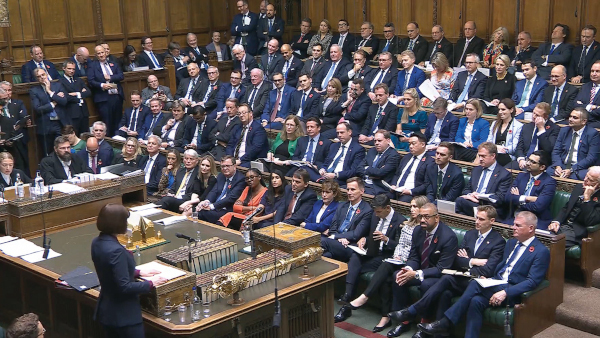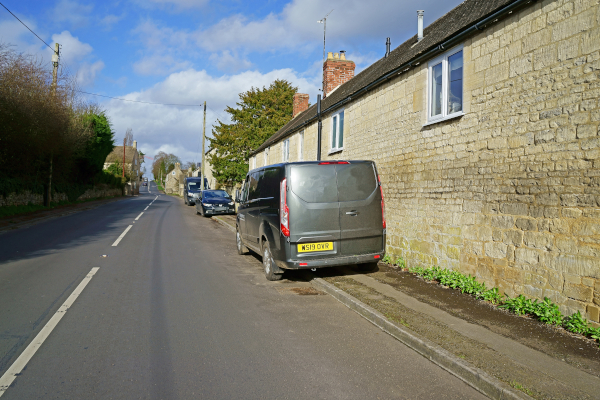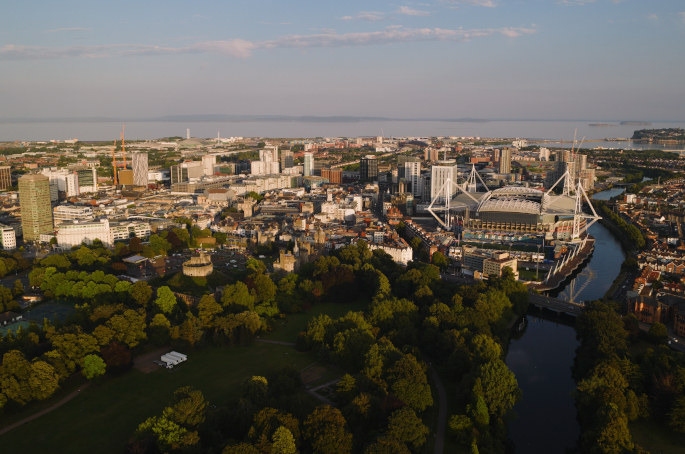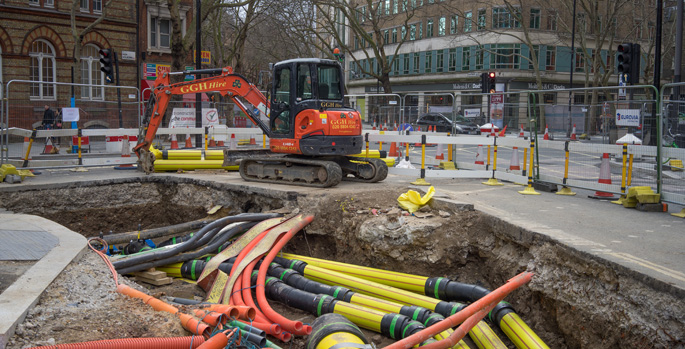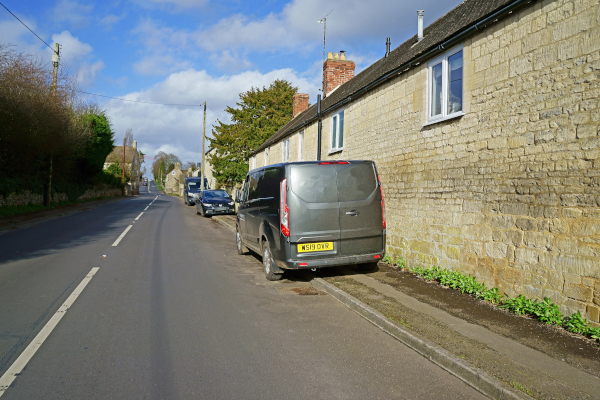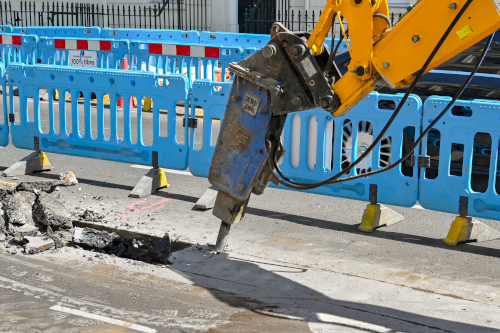The chancellor's Autumn Budget has continued the long-standing freeze on Fuel Duty but hiked Air Passenger Duty (APD) for ‘larger private jets'.
The Treasury described the one-year freeze on Fuel Duty, which includes extending the temporary 5p cut to 22 March 2026, as ‘protecting motorists' with a tax cut worth £3bn.
AA president Edmund King said: ‘In this eve of Halloween budget, the Chancellor has conjured up a treat for drivers.
‘Drivers have been in suspense since the chancellor announced there would be painful taxes to fill the Treasury's black hole. They knew they were on the cast list to be victims but have escaped that threat.'
However, the move also drew criticism from Paul Johnson, director of the widely respected Institute of Fiscal Studies, who wrote on X: ‘For goodness sake. Despite big tax rises overall chancellor has done it again. Fuel duty frozen and "temporary" 5p cut kept. This government is supposed to care about climate change.'
He added: ‘And I'm willing to bet fiscal numbers assume increases into the future. How much longer?'
The Treasury also said that to support the take-up of zero emission cars, Vehicle Excise Duty First Year Rates are changing from 2025-26, with rates for hybrid and petrol/diesel cars rising from 1 April but rates for zero emission cars frozen at £10 until 2029-30.
Anna Krajinska, UK director at Transport and Environment said increasing the differential was ‘exactly the right move'. She added: 'The future is electric and tax policy needs to reflect that.'
The Treasury said that from 2026-27 Air Passenger Duty (APD) rates for short and long-haul flights will be adjusted ‘to partially account for previous high inflation' but added that ‘for economy passengers, this is only a £1 increase for domestic flights, £2 extra for short haul, and £12 more for long-haul flights'
However, APD for larger private jets will be increased by a further 50%.
The Treasury said these changes ‘will help align with the government's environmental objectives'.

